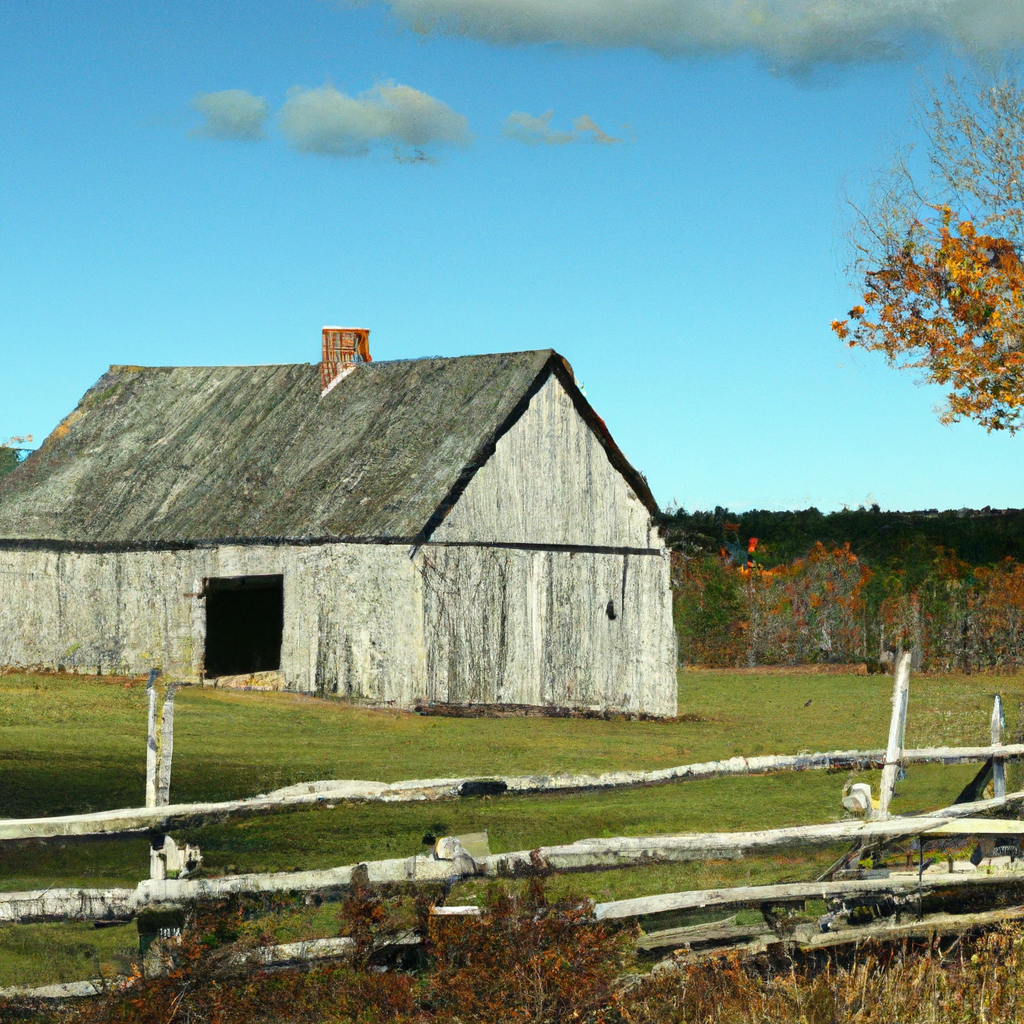Cape Breton, with its breathtaking landscapes and vibrant communities, offers a unique backdrop for those interested in sustainable living. As the world becomes increasingly aware of environmental issues, more people are seeking ways to reduce their carbon footprint. Eco-friendly homes in Cape Breton are not just a trend – they are part of a crucial movement towards sustainability. This comprehensive guide will explore practical ways to create eco-friendly homes in this beautiful region, ensuring you live harmoniously with the natural world while enjoying modern comforts.
Understanding Eco-Friendly Homes
Eco-friendly homes are designed to minimize environmental impact, utilizing sustainable materials and energy-efficient technologies. In Cape Breton, this means constructing homes that can handle the unique climate and geographical features while preserving the region’s natural beauty. Key aspects of these homes include energy conservation, water management, and waste reduction.
Energy Efficiency in Cape Breton Homes
One of the primary components of an eco-friendly home is energy efficiency. In Cape Breton, where the winters can be harsh, it’s especially important to ensure that homes are well-insulated. This not only reduces energy consumption but also cuts heating costs significantly. Installing solar panels is another popular option for homeowners, capitalizing on solar energy to power appliances and heating systems. Advances in technology now allow for more aesthetically pleasing solar options that blend with the traditional or modern aesthetics of Cape Breton homes.
Water Conservation Strategies
Water conservation is another crucial element of eco-friendly living. Cape Breton’s natural water resources can be preserved through rainwater harvesting systems that collect and store rainwater for household use. Low-flow toilets and showers can dramatically reduce water usage without sacrificing functionality. These systems are both effective in managing water use and essential for maintaining the health of the local ecosystem.
Choosing Sustainable Building Materials
The choice of building materials significantly affects the sustainability of a home. In Cape Breton, there is a growing preference for materials that are locally sourced, recyclable, and durable. Using reclaimed wood, for example, not only adds character and warmth to a home but also reduces the demand for new timber. Additionally, materials such as bamboo, cork, and recycled metal are becoming popular for their sustainability and minimal environmental impact.
Waste Reduction: Building and Beyond
Constructing an eco-friendly home also involves mindful waste management. This starts during the building phase, where builders are encouraged to recycle construction waste. Once the home is built, composting becomes an integral part of waste reduction, turning kitchen scraps and yard waste into valuable compost for gardens. Moreover, adopting a minimalist lifestyle can further reduce the amount of waste a household produces and increase the overall efficiency of the home.
Community Involvement and Education
Eco-friendly living extends beyond individual homes and into the community. Cape Breton has various initiatives and programs that encourage sustainable living, from community gardens to educational workshops on sustainability. By participating in these community efforts, homeowners not only contribute to a larger environmental goal but also enhance their own understanding of eco-friendly practices.
Conclusion
Eco-friendly homes in Cape Breton represent a commitment to sustainable living that benefits both the environment and the residents. By focusing on energy efficiency, water conservation, sustainable materials, and waste reduction, homeowners in Cape Breton can enjoy a lifestyle that is both environmentally responsible and deeply rewarding. As the community continues to grow and evolve, these practices will play a vital role in preserving Cape Breton’s natural charm for future generations.
Living sustainably in Cape Breton is not just about building eco-friendly homes but also about fostering a community that values and protects its natural surroundings. By embracing these principles, residents can ensure that the beauty and vitality of Cape Breton remain intact and vibrant for many years to come.


